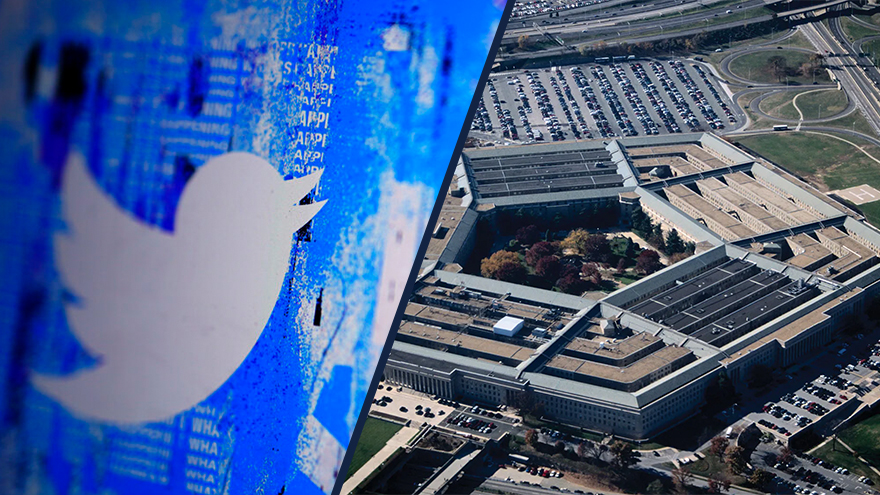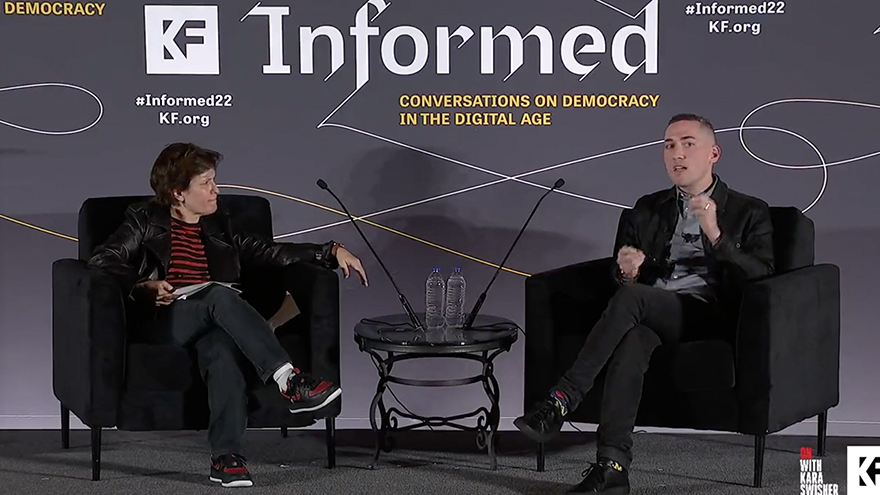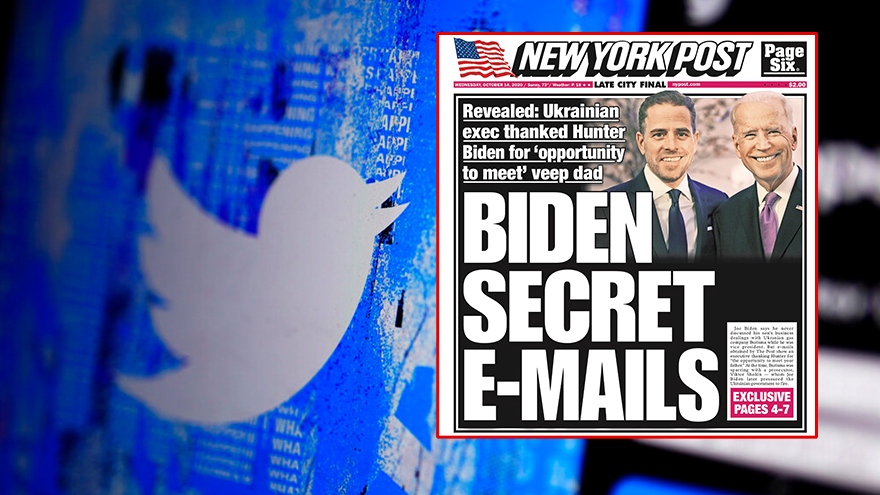Journalist Bari Weiss has just dropped the second of the so-called “Twitter Files” investigations, a deep dive into the documents and internal communications that detail the social network’s efforts to censor content on the platform.
In this investigation, Weiss reveals that Twitter employees built and implemented at least three blacklists that were used to limit the visibility of certain accounts.
“A new #TwitterFiles investigation reveals that teams of Twitter employees build blacklists, prevent disfavored tweets from trending, and actively limit the visibility of entire accounts or even trending topics—all in secret, without informing users,” Weiss tweeted.
Weiss offers a number of examples including, Dr. Jay Bhattacharya, a professor at the Stanford School of Medicine, who argued against COVID lockdowns, and conservative talk show host Dan Bongino.
Also included on a “do not amplify” blacklist was Conservative activist Charlie Kirk.
Weiss explains that these blacklists essentially amounted to shadow bans, an activity Twitter long denied engaging in.
According to Weiss, this was all done without the user’s knowledge.
“We control visibility quite a bit. And we control the amplification of your content quite a bit. And normal people do not know how much we do,” one Twitter engineer told Weiss. Two additional Twitter employees confirmed.
Weiss explains that the group that decided whether to limit the reach of the most high-profile users was a secretive group called the “Site Integrity Policy, Policy Escalation Support,” or “SIP-PES.” The group included Twitter’s Head of Legal, Policy, and Trust Vijaya Gadde, the Global Head of Trust & Safety Yoel Roth, subsequent CEOs Jack Dorsey and Parag Agrawal, among others.
One of the most high profile blacklisting case to come before the team was the of the popular @LibsofTikTok account.
Twitter repeatedly informed Raichik, who operates the popular account, that she had been suspended for violating Twitter’s policy against “hateful conduct.” However, documents revealed by Weiss show that this was not the case–and Twitter knew it.
Weiss also found that in addition to enforcing official policies, Twitter employees would use technicalities to restrict the visibility of certain accounts and tweets.
READ MORE: Former FBI Lawyer at Heart of ‘Twitter Files’ Scandal Has Been Terminated







